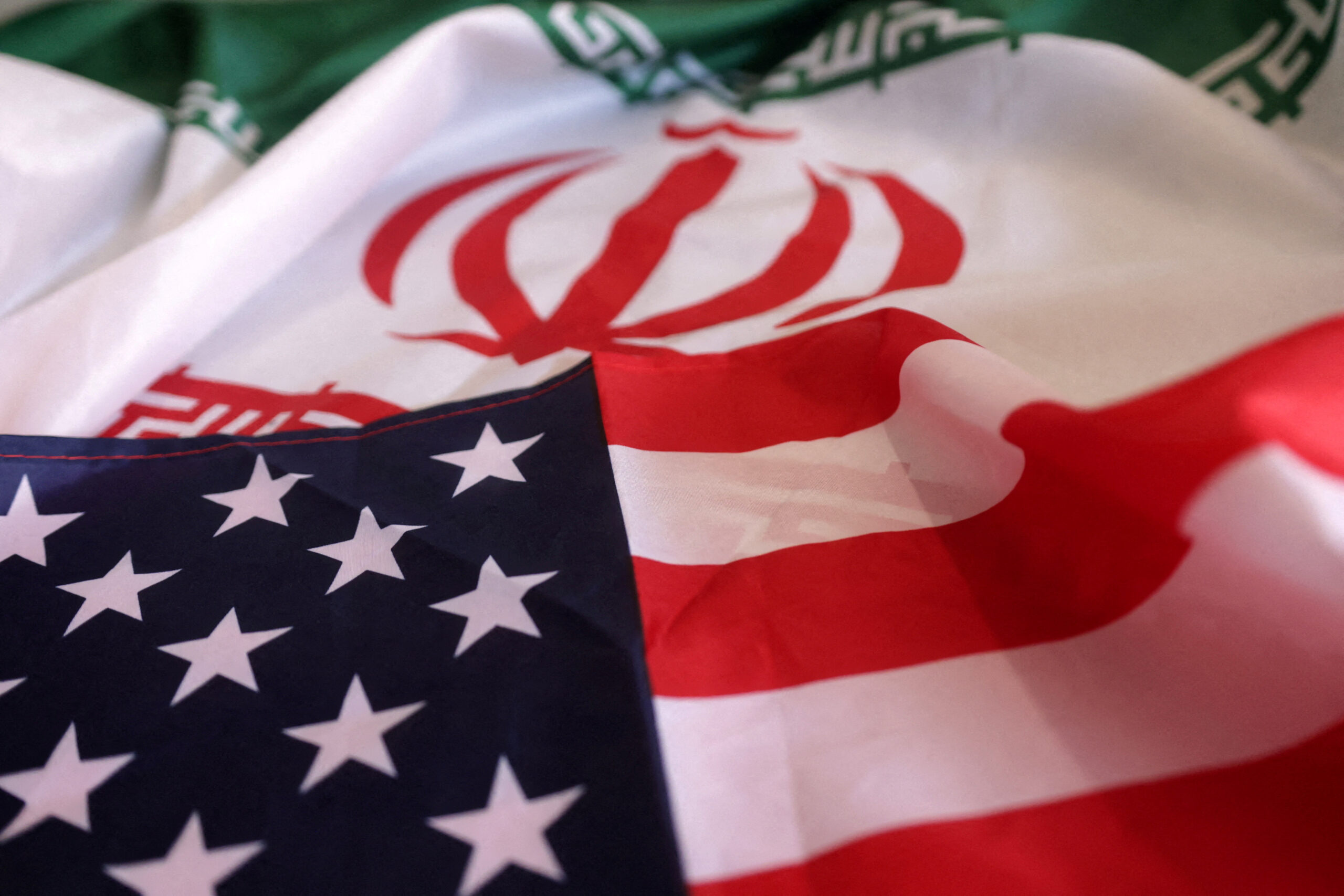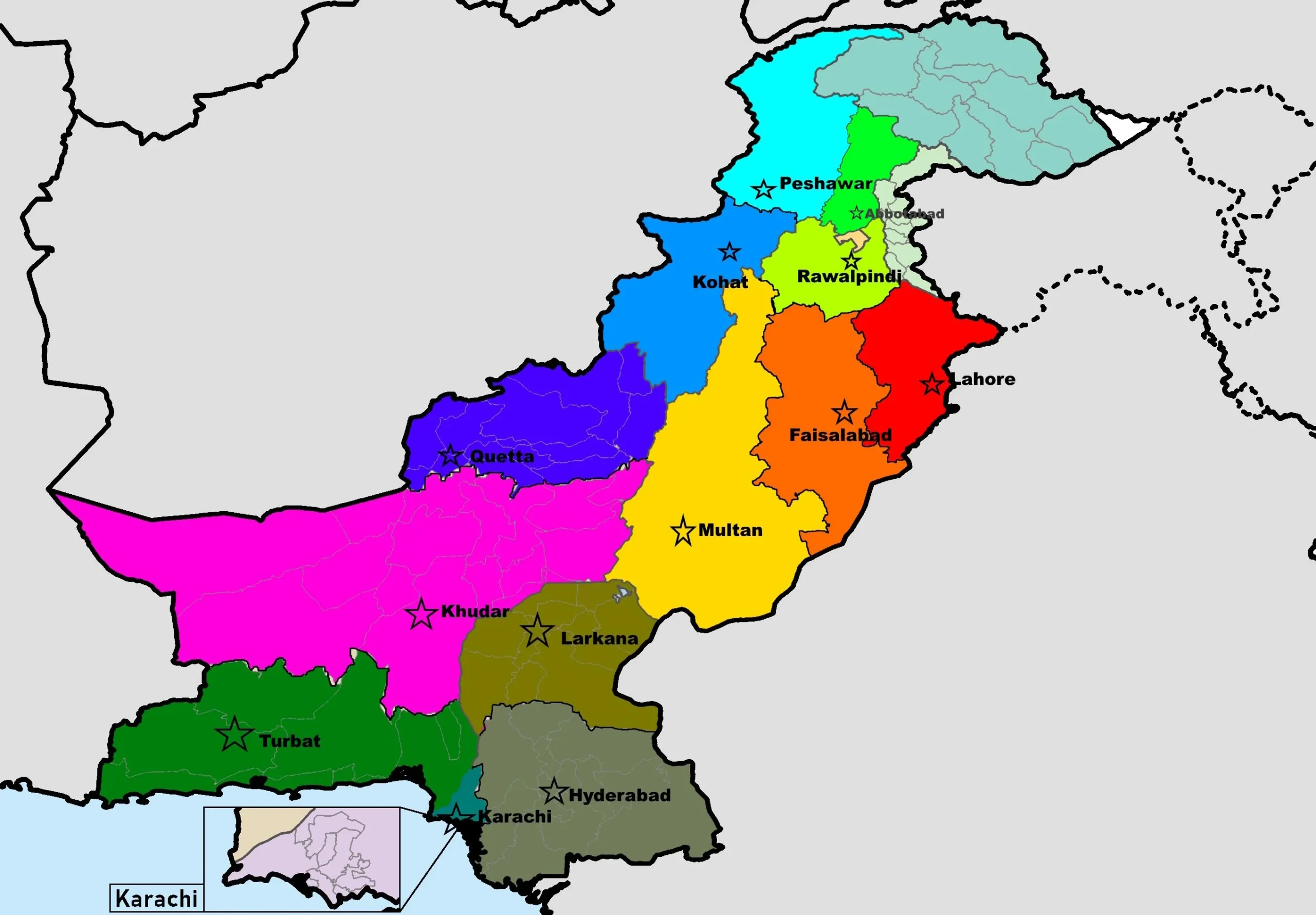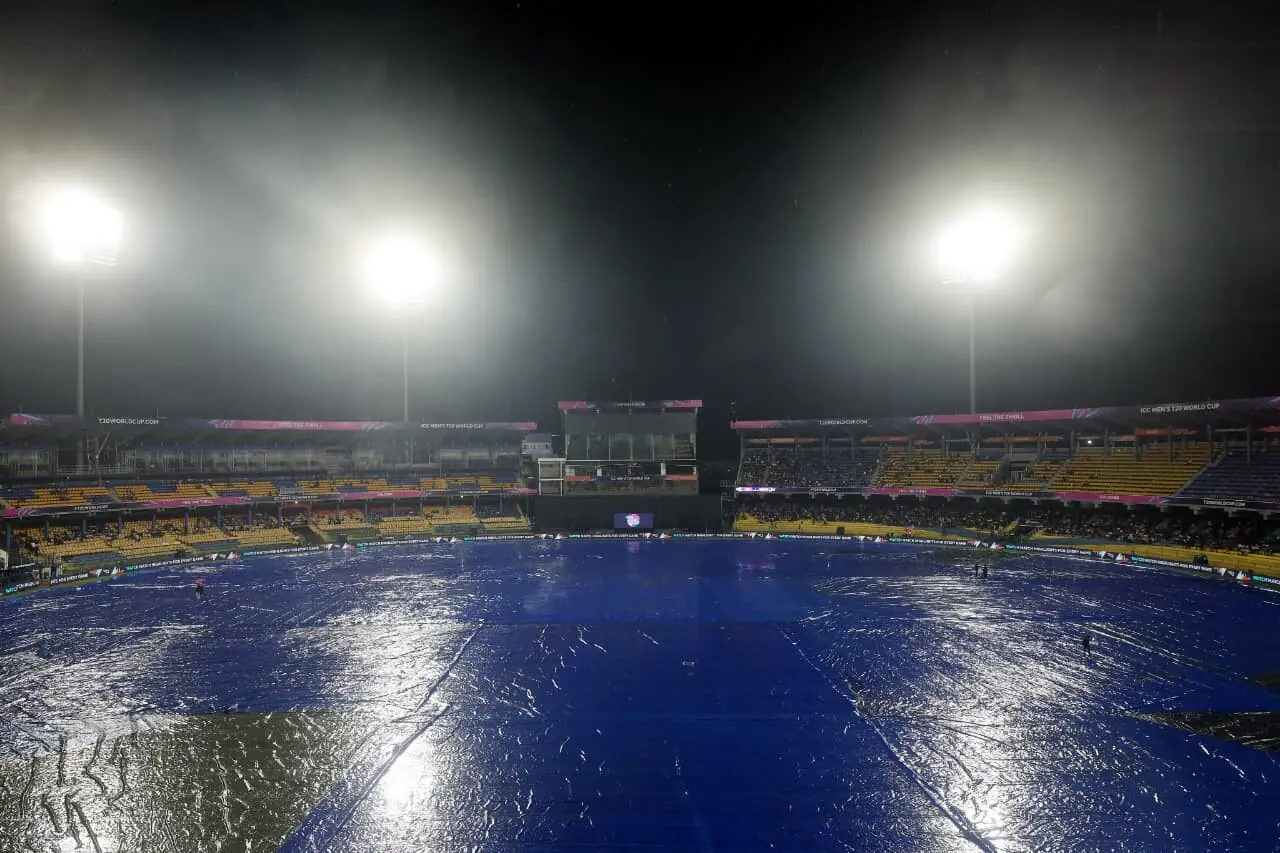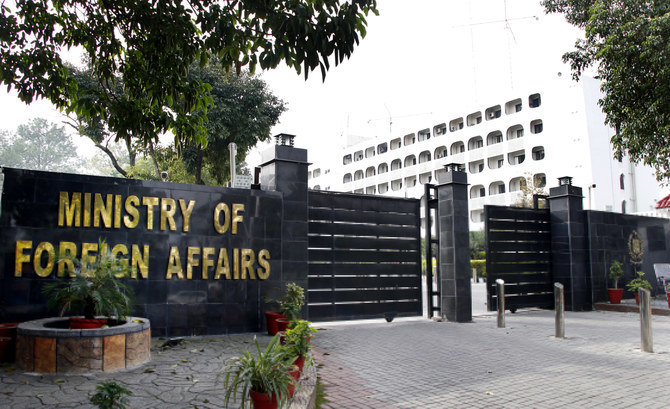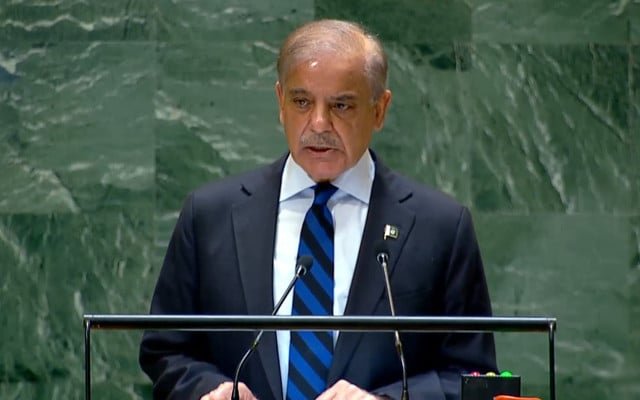Iran and the United States have resumed indirect nuclear negotiations in Rome, seeking a diplomatic breakthrough in a standoff that has spanned decades. The renewed talks come at a delicate time, as U.S. President Donald Trump warns of military action should diplomacy fail, while Iran maintains it remains open to negotiation—so long as its rights are respected.
The talks are being held through indirect channels, with Omani officials acting as mediators to shuttle messages between Iran’s Deputy Foreign Minister Abbas Araqchi and Trump’s Middle East envoy, Steve Witkoff. This second round follows last week’s initial discussions in Muscat, which both sides called “constructive.” Despite a brief personal interaction between the two negotiators, direct diplomatic engagement between the U.S. and Iran has been on ice since the 2015 nuclear agreement brokered under former U.S. President Barack Obama.
Ahead of the Rome meeting, Araqchi met with his Italian counterpart and reiterated Iran’s commitment to diplomacy. He urged all parties to make the most of this opportunity to craft a fair and logical agreement—one that respects Iran’s nuclear rights and ends the sanctions that have crippled its economy.
“The deal must be balanced and ensure that Iran’s peaceful nuclear activities are recognized while addressing international concerns,” Araqchi said. He also noted in Moscow a day earlier that an agreement is possible—if Washington takes a realistic approach.
Italian Foreign Minister Antonio Tajani expressed optimism, declaring Rome the “capital of peace and dialogue” and urging both sides to push for a peaceful resolution to nuclear tensions in the Middle East.
Still, expectations of an immediate breakthrough remain low. Iran’s Supreme Leader Ayatollah Ali Khamenei offered a cautious stance this week, saying he was “neither overly optimistic nor pessimistic” about the outcome of the talks.
President Trump, speaking to reporters on Friday, reiterated his uncompromising stance: “Iran cannot have a nuclear weapon. I want Iran to thrive and succeed—but not with a bomb.”
Adding pressure to the negotiations, Israeli officials have hinted at the possibility of a military strike on Iran’s nuclear infrastructure if diplomacy stalls—raising the stakes in an already volatile region.
Trump’s return to the White House earlier this year reignited the “maximum pressure” campaign he first launched in 2018 after pulling the U.S. out of the 2015 nuclear deal. That move reimposed harsh economic sanctions on Iran and deepened mistrust between the two nations.
Washington now wants Iran to stop enriching uranium at high levels, arguing that it’s a step toward developing a nuclear weapon. Iran continues to insist its nuclear programme is for peaceful energy purposes only, but says it is willing to limit certain aspects of enrichment in exchange for real, enforceable relief from sanctions.
Tehran, however, demands strong guarantees that the U.S. will not walk away from any new deal—as it did in 2018.
Since 2019, Iran has significantly ramped up its nuclear activity, breaching multiple limits of the 2015 agreement. It now holds enriched uranium stockpiles far beyond what is considered necessary for civilian use. Tehran has made clear it will not dismantle its uranium enrichment infrastructure, halt enrichment, or reduce its stockpiles below 2015 levels.
Another red line for Iran is its defense capabilities. It flatly refuses to negotiate over its ballistic missile program or the range of its domestically produced missiles, which Western nations often cite as a regional threat.
Russia, which was one of the original signatories of the 2015 nuclear deal, has offered to step in as a mediator and assist wherever possible to help bridge the gap between Washington and Tehran.
With diplomacy hanging by a thread and the threat of regional escalation growing, all eyes are on Rome to see whether cautious optimism can evolve into meaningful progress—or if old tensions will once again derail the possibility of peace.



